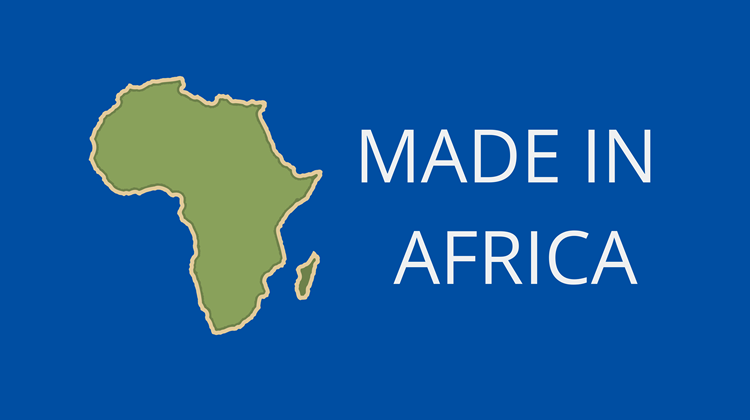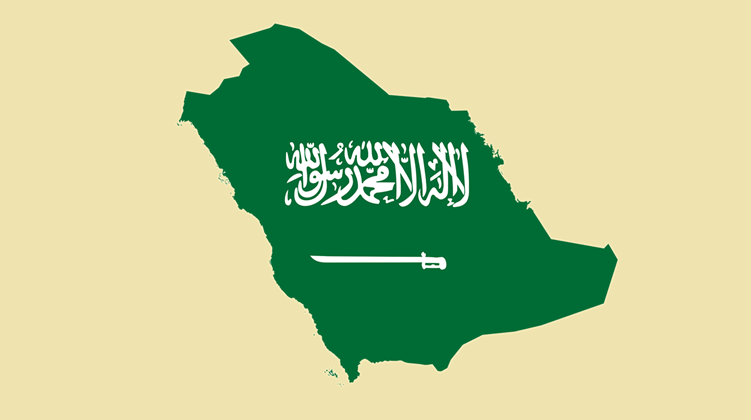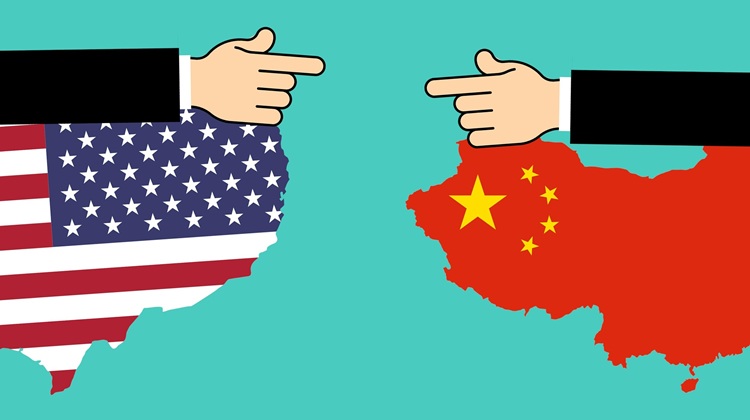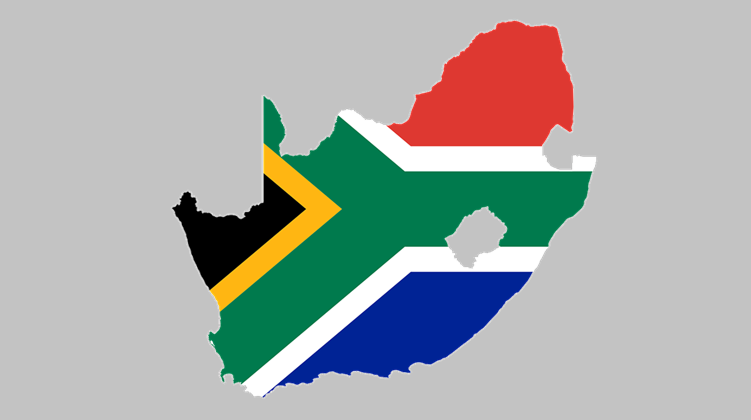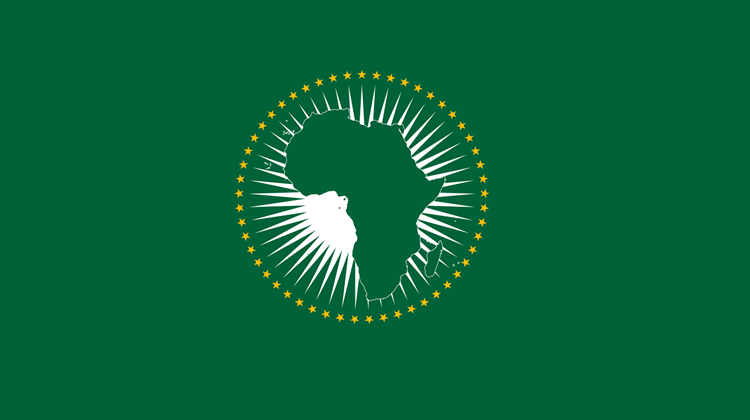Can Africa end military coups?
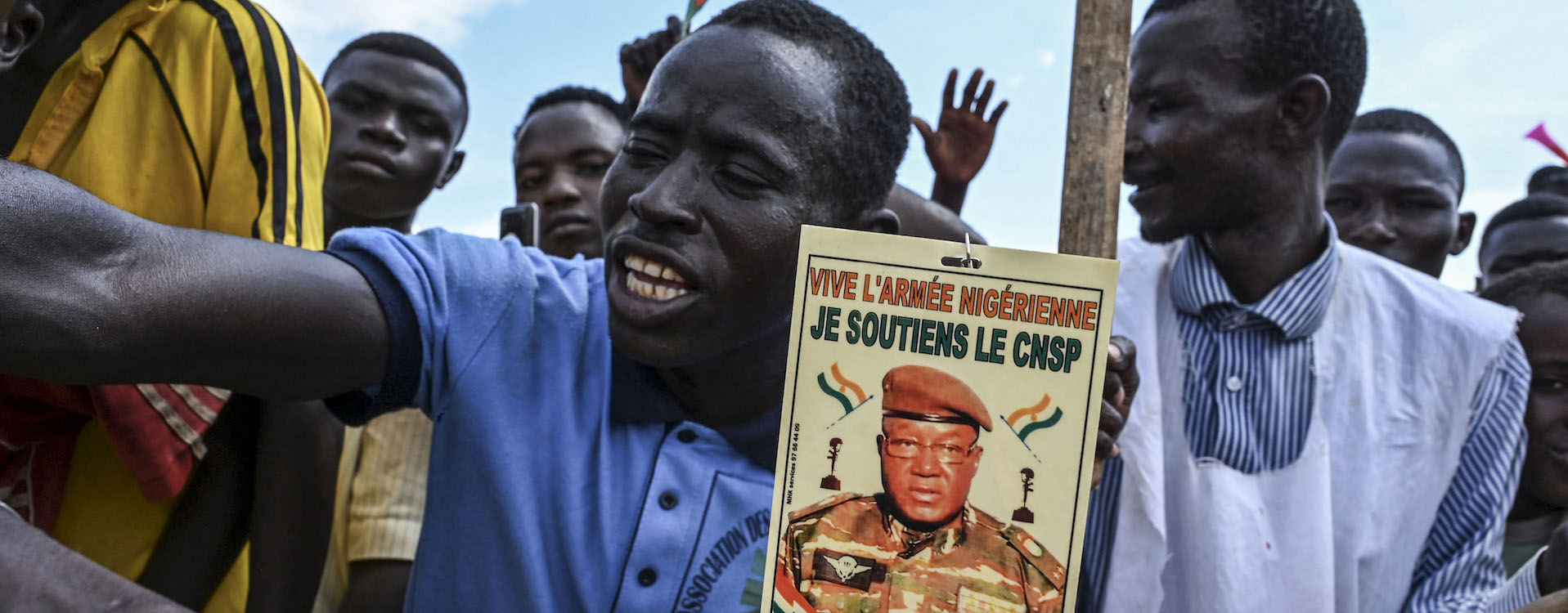
Sanctions alone can’t end Africa’s military takeovers – leaders need to address the root causes of the continent’s coups.
Military coups, common in Africa during the Cold War, seem to be returning. Between January 2020 and July 2023, Africa experienced a dozen coup attempts, and nearly 20% of African countries have been hit by coups since 2013. The latest one is the takeover in Niger, led by soldiers from the presidential guard in July 2023.
Trends in Military Coups in Africa, 1950-2023
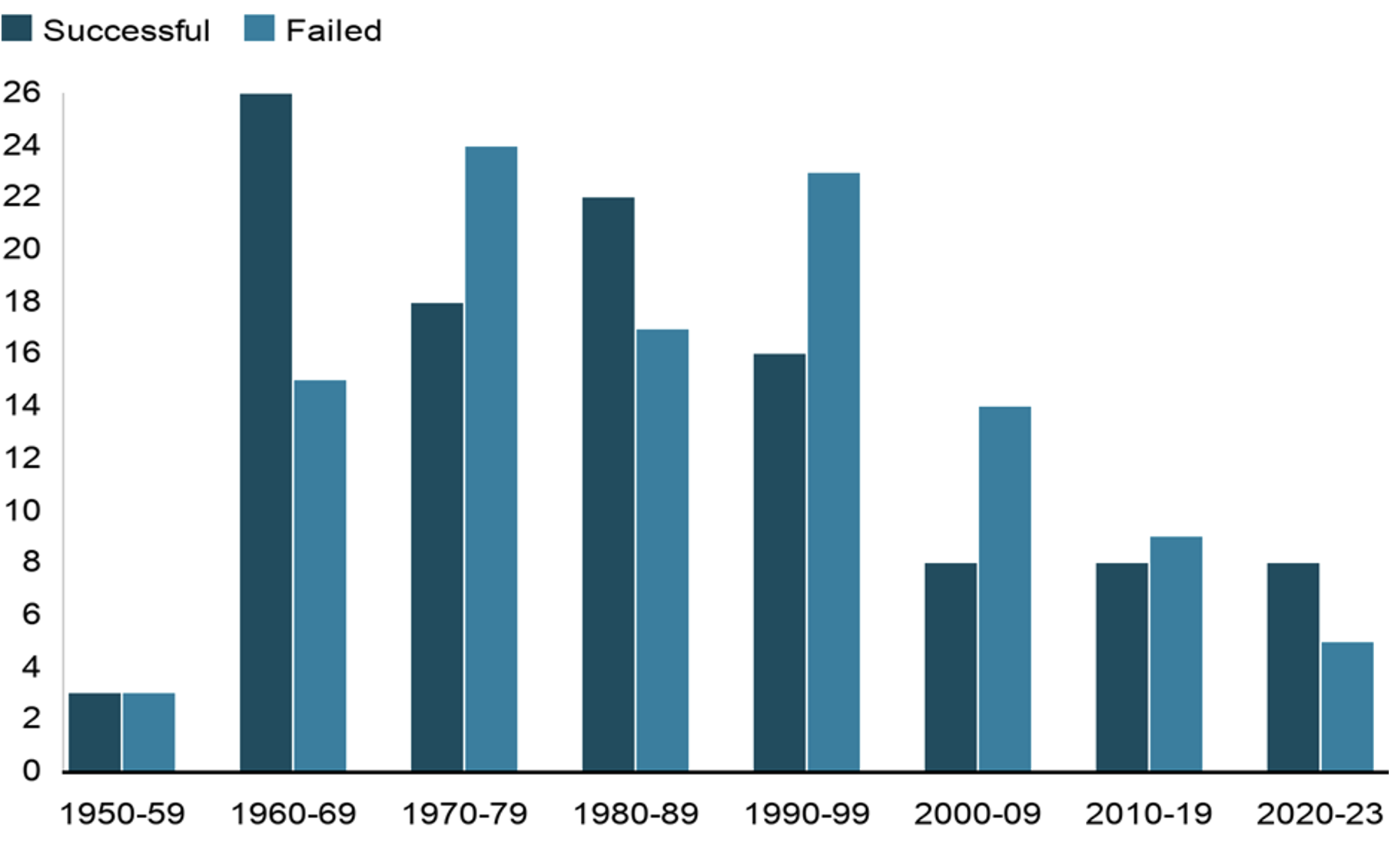 Source: Research by Central Florida and Kentucky Universities
Source: Research by Central Florida and Kentucky Universities
Most recent coups happened in West Africa, especially in French-speaking countries. This has alarmed the Economic Community of West African States (ECOWAS), which hurriedly called a summit in Accra in February 2022 and again in July 2023 in Abuja, Nigeria. Like the case of Mali, ECOWAS countries have imposed sanctions on Niger and threatened to intervene militarily to dislodge the coup leaders if they fail to reinstate the deposed President Mohammed Bazoum.
As has been the case in Mali and other countries, experience shows that sanctions alone cannot deter future coups as long as the root causes are not addressed. Coups in Africa do not happen from nothing . The causes can be varied, and can be grouped into external and internal factors. One reason is ongoing neo-colonialism (an external factor). Some countries outside the continent, particularly during the Cold War, have worked behind the scenes to topple leaders they saw as threats to their interests on the continent. The heavy dependence of many African countries on external support, including military and economic aid, make it relatively easier for foreign powers to use several means, including coups and armed rebellion, to remove leaders who prevent them from advancing their interests.
Between January 2020 and July 2023, Africa experienced a dozen coup attempts, and nearly 20% of African countries have been hit by coups since 2013
Regarding internal factors, poor governance, widespread corruption, nepotism and clannism, elite and ethnically based income and wealth capture, tampering with the constitution and insecurity ( in the Sahel ) are some of the reasons cited by the recent putschists in Africa to justify the removal of elected civilian governments and their acolytes. Also, the failure of the African Union and the regional economic communities such as ECOWAS to sanction their peers for electoral fraud and speak up when it matters most breed fertile grounds for coups. There is currently a petition challenging the validity of the election of Nigerian President Bola Tinubu , yet ECOWAS quickly made him chairperson.
Leaders focusing on development performance rather than enriching themselves are scarce on the continent. Africa is endowed with abundant valuable natural resources, yet, it accounts for about 60% of the world's poor. Infrastructure shortage, poor public social services delivery, and rampant unemployment, among others, are the key features of many African countries. The political system generally benefits only the ruling elite, who enjoy and plunder public resources, and lack empathy for the economic hardship experienced by their people. Frustrated by living in abject poverty without prospects for improvement, many young Africans risk their lives daily to cross the Mediterranean Sea for greener pastures. This creates a distance between the political leadership and the population's plight, thereby increasing conducive conditions for military coups or armed rebellions.
The population could vote these incompetent leaders out of office, but the problem is that democracy in many African countries is flawed. Leaders constantly 'cook' the constitution and use massive electoral fraud to stay in power without being sanctioned by their peers at regional, continental or international levels. Some leaders have used these means to stay in power for more than three decades with little to show in terms of socioeconomic development. Even in countries where the electoral democracy seems to function well, the newly elected leaders often fail to deliver on their promise to perform better than their predecessors to improve citizens' welfare. The inability of elected African governments to drive the development agenda of their countries has led to disaffection with democracy. According to the Afrobarometer reports from 30 African countries, the proportion of Africans who are satisfied with how democracy works in their country declined from 50% to 43% within the period 2011 to 2021.
This is why the recent coups in Africa, especially in West Africa francophone countries, have received massive public support. The people in these countries see their leaders as puppets who serve the interests of their colonial master, France, instead of implementing the right policies and reforms to improve their living conditions.
Sanctions alone cannot deter future coups as long as the root causes are not addressed
The population is never ungrateful; people resist any military coup attempting to topple a leader or government focusing on their needs. Turkey witnessed the bloodiest coup attempt in its political history on July 15, 2016. With external support, a section of the Turkish military launched a coordinated operation in several major cities to unseat President Recep Tayyip Erdogan. As news of the coup attempt spread via social media, thousands of ordinary citizens gathered in streets and squares to resist tank fire and air bombardments. With the help of loyalist soldiers, they were able to defeat the coup attempt. The population made this tremendous sacrifice to save President Erdogan's regime because of its positive development achievements.
Thus, any solution to solve the rampant military takeovers in Africa must first tackle the root cause of the problem. The African Union (AU) and regional economic communities should be seriously investigating and addressing the underlying causes of the recurrent coups on the continent. They should take measures to respond effectively to constitutional coups (the elongation of presidential tenures by incumbent presidents) and electoral fraud. Their meetings should also focus on ensuring good governance and enhancing inclusive growth and development instead of abetting bad governance and corruption - effectively waiting for a coup to happen only to then condemn it and take sanctions, which hurt the population more than the Junta. African leaders should signal to their people that their cooperation with the West and others is a win-win situation,because the current uninhibited African youth is not ready to tolerate any form of neo-colonialism.
The inability of elected African governments to drive the development agenda of their countries has led to disaffection with democracy
Military coups are not the solution to advance good governance, democracy and development in Africa. There is little evidence that coups deliver anything that citizens actually want. Coup leaders generally fail to undo the damage that justified their actions, and they end up being removed from power by another military intervention, as in the recent case in Burkina Faso. Unfortunately, until African leaders hear the cry of their people, military coups will continue to occur and receive the population's support with the hope that it eventually paves the way for developmentally oriented leadership to emerge and consider their aspirations.
Image: AFP


